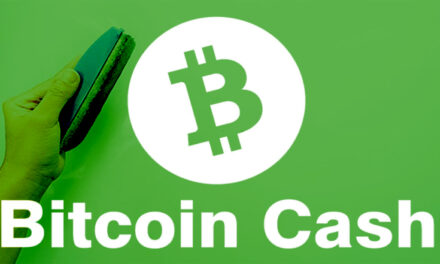It all started with a decentralized finance (DeFi) initiative that sounded too good to be true. Nevertheless, it was compelling enough to push Dallas repairman Baine Brock into putting in a whopping $10,000 of his money.
Brock spent five years putting money into the likes of Bitcoin and other cryptos but found himself immediately wooed by a DeFi project called Helios Cash that promised an annual percentage yield (APY) of 1,200% without selling his original investment. Less than a week later, he had a rude awakening: the Helios Cash website had disappeared, along with his money and others who were similarly gulled into the scheme.
Brock’s case is one of many that have given rise to online vigilantes who are bent on getting to the bottom of the numerous DeFi scams popping up online and startup advocacies fighting against the growing incidence of crypto- DeFi-related fraud.
Meet the RugDocs
A group of anonymous users set up a channel called RugDocs on messaging app Telegram to get to the root of these scams and schemes.
Over a year ago, the married couple behind the channel lost nearly $200,000 to MoltenSwap. However, this similar DeFi scheme also promised higher yields than conventional investing or even putting one’s money into NFTs and digital tokens. Having been burnt by the situation, the wife, who currently goes by the pseudonym The Rug Doctor, now acts as the group’s founder and CEO.
As an investigative – albeit unofficial – firm, RugDocs rates crypto projects and DeFi initiatives through their website and messaging channels, here, these initiatives come under heavy scrutiny, and warnings are immediately issued for the more suspicious ones, especially newly-minted ones that promise more than the usual.
Difficult, but Not Impossible
While RugDocs is just one in many online advocacies aimed at protecting unsuspecting investors from DeFi predators, government regulatory bodies have also been working on catching these scammers themselves.
SEC Chair Gary Gensler himself has called out the DeFi sector, vowing to protect investors and hold erring firms and even individuals accountable for the services or financial instruments they offer customers. One particular crypto firm that was recently called in, BlockFi, was made to pay $100 million in settlements, having been caught peddling spurious high-yield interest-loaded instruments. The SEC has also issued a warning to the public, urging them to look at firms offering interest-bearing accounts before jumping in.
It is a difficult job for everyone concerned – and the growing number of scammers means that you can’t catch them all – but efforts like theirs are trying to bring transparency and accountability into an ever-increasing sector.














